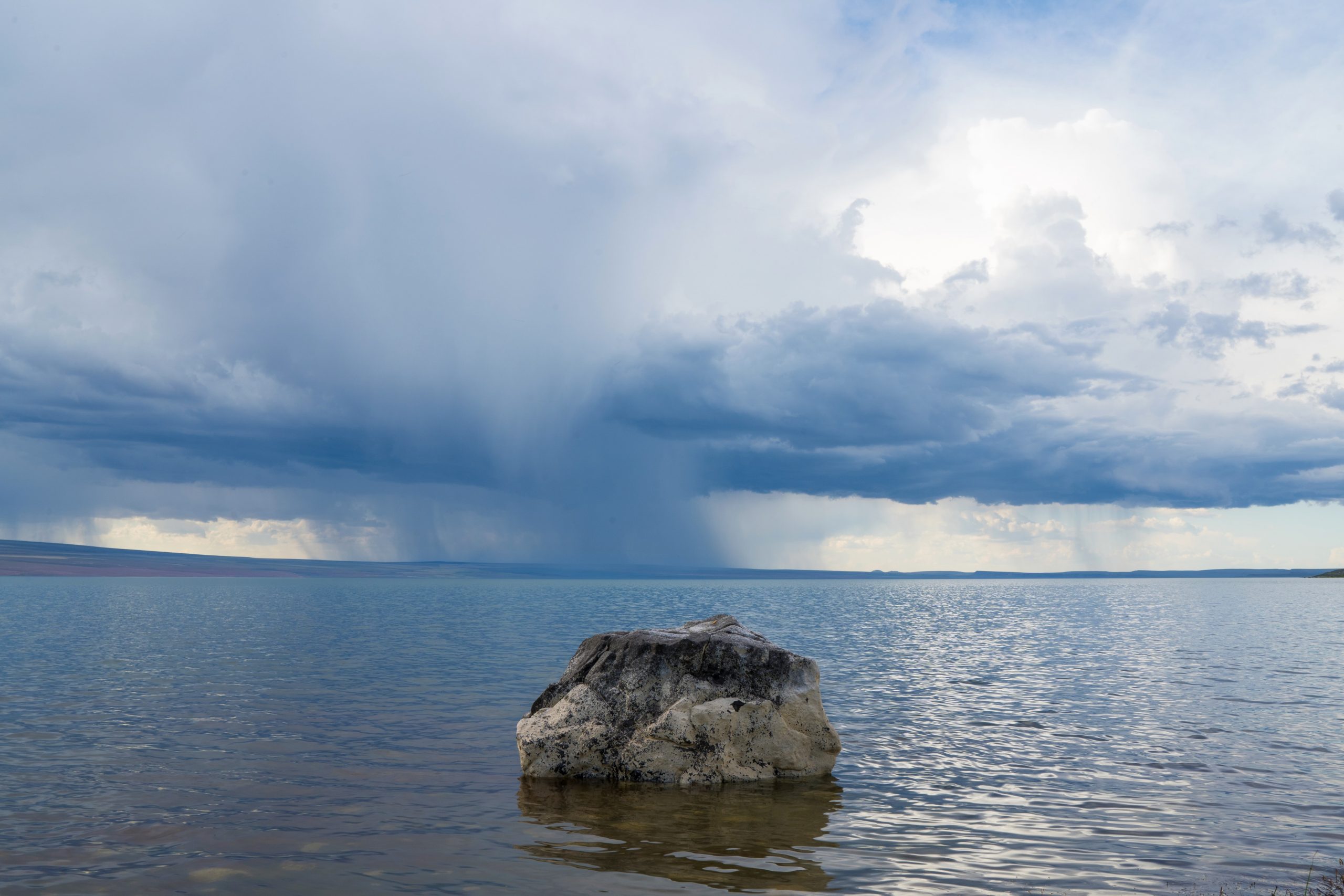
Wishing you a terrified Halloween: mediums and the occult
October 31, 2019
Finding the Church
February 29, 2020This post is my sermon for 5th January, focusing on gold, frankincense and myrrh (Matthew 2:1-12).
The wise men present gifts. It is often said that wise women would have brought nappies and babygros, but the wise men brought gold, frankincense and myrrh.
Matthew wrote this story about 50 years after the death of Jesus. There was something he didn’t know. He didn’t know that 1500 years later there would arise a generation of people who still read his gospel but believed it was word for word accurate history.
Instead what Matthew did, like Luke and many others of their time, was to write a sort of prelude to his gospel, a story full of familiar symbols to express the meaning of Jesus.
The wise men came from the east, from that part of the world where astrology was first invented. When people walked across the desert they used the stars for navigation. To be guided towards Jerusalem is credible. But I always puzzled over the next bit. The star stopped over the place where the child was. How could a star come so close as to pinpoint a precise house without frying the whole planet?
This is not accurate history. It is imaginative story packed full of symbolism expressing the meaning of Jesus. I shall restrict myself to three symbols, to defend the wise men against the wise women.
First, gold. Gold belonged to the rich, especially kings.
The Romans appointed Herod King of the Jews in 40 BC. Because of local resistance, it took him 3 years to establish control. He slaughtered people who resisted. When he got control he built a network of fortresses and created a police state with secret informants. He taxed the Jews as much as he could and used the money for lavish building projects and gifts to friends in other parts of the empire. Knowing how much his subjects hated him he became suspicious of any potential opponents and had them murdered. Among the people he murdered were his own wife and sons. He died in 4 BC, the year Jesus was born. From the Roman point of view he was a model ruler. Historians still call him Herod the Great. If you want to be called great, grab power and murder everybody around you.
Matthew wrote that while Herod was king, wise men came from the East asking ‘Where is the child born King of the Jews?’ I imagine that he expected his readers to laugh. Everybody knew how paranoid Herod was, so Matthew tells us he even felt threatened even by a baby.
By the time Matthew wrote it must have seemed that kingship was already being turned on its head. After Jesus had proclaimed the Kingdom of Heaven, and been executed for it, countless followers of Jesus were defiantly proclaiming Jesus as their true king, and producing a growing movement despite the continuing executions. Herod was an extreme example of one kind of kingship. He took from the people to enrich himself. Jesus proclaimed God’s kingship. God doesn’t take, he gives: indiscriminately, to enrich the people. As the carol puts it,
Born a king on Bethlehem plain,
gold I bring, to crown him again,
King for ever, ceasing never,
over us all to reign.
Second, frankincense. Frankincense is a particular kind of incense, from the Boswellia tree. It was associated with priests.
500 years ago, at the Reformation, Protestants rejected Catholic practices, along with priests, incense, altars and the Sacrifice of the Mass. In Jesus’ day, though, priests were the experts on how to relate to the gods. In the Ancient Near East it was normal for priests to demand animals for sacrifice to the gods.
So let’s suppose I’m your priest offering due worship to God. I lead in a live bull, take it to the altar, slit its throat and slice up its body. The rest of you are looking forward to it because this is when you get to eat meat. I cook it on an open fire.
Obviously a wooden altar will be no use at all. It has to be stone. We would all choke from the smoke; the sacrifice has to be performed in the open air. And then there is blood everywhere, burning. Think of the smell.
That’s why frankincense was associated with priests. They burned it to disguise the smell.
That kind of sacrifice was normal in that part of the world. It was a form of taxation. The farmers brought the animals to the priests at the temple: the ruling classes benefited at the expense of the farmers.
There was opposition. 800 years before Jesus, some Old Testament prophets had argued that God doesn’t need sacrifices. What God commands is justice. Food should be given not to God but to the hungry.
At the time of Jesus, Jews still practised the system of cooking animals on the altar at the Temple in Jerusalem. But 40 years later, before Matthew wrote his gospel, it all came to an end. That temple was destroyed in a war between Jews and Romans.
Matthew makes it clear that Jesus is the true King of the Jews. He is not so emphatic about Jesus being the true High Priest, but the implication is there. The old priests at the temple had been benefiting themselves by apparently offering to God what God didn’t want. Jesus was the true priest, who led people to the worship of a God of love who doesn’t demand anything from us except that we care for each other.
As the carol puts it,
Frankincense to offer have I,
Incense owns a Deity nigh,
prayer and praising, all men raising,
worship him, God most high.
Third, myrrh. Myrrh was a resin from a tree that grew in Arabian deserts. It had a strong bitter smell and was used for a variety of purposes, including embalming dead bodies.
Matthew, by including myrrh in the list of gifts, prepares us for how the story of Jesus ends.
Once Jesus had been crucified, it was inevitable that his followers would make the connection. Jesus, the true High Priest, doesn’t sacrifice an animal taken from a starving peasant. He doesn’t even sacrifice an animal of his own. He sacrifices himself. As the Epistle to the Hebrews puts it,
Unlike the other high priests, he has no need to offer sacrifices day after day, first for his own sins, and then for those of the people; this he did once for all when he offered himself.
In this story Matthew tells us that Jesus is not only the true king and the true priest but also the true sacrifice, giving himself out of love for his people. As the carol puts it,
Myrrh is mine, its bitter perfume
breathes a life of gathering gloom;
sorrowing, sighing, bleeding, dying,
sealed in a stone-cold tomb.
For reflection:
What kind of king, or government, do we need now?
What kind of person shows us what God is like, and how to live for God?
What kinds of sacrifices are we called to make today?




